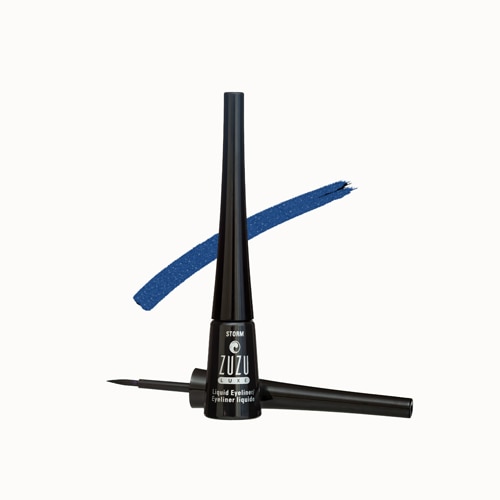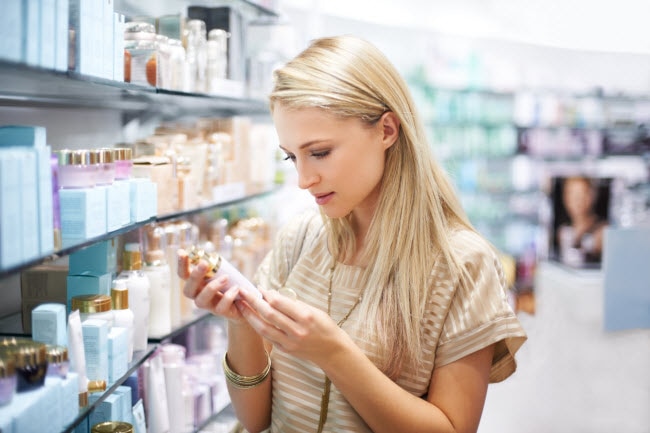The cosmetic just got political. In California anyway, come 2020, ethical buying, in the sense of choosing cosmetics that are not tested on animals, will no longer be a personal choice. It will be mandated by law—and that’s a good thing. And California may just carry enough weight to spur beauty brands across the nation to stop animal testing. Last month, California’s governor signed into law the California Cruelty-Free Cosmetics Act. It makes the sale of animal-tested cosmetics illegal within the state after 2020.
This is not the first time animal testing has been under the spotlight. The Body Shop was the first global beauty brand to fight against animal testing in cosmetics and the first company to be certified with the Leaping Bunny logo in 1997. In the last two decades, other brands, such as Lush, have become more vocal about their opposition to animal testing. But the California Cruelty-Free Cosmetics Act, the first in North America, marks a major turning point: It’s the first time a state has taken action to move the needle on such a large scale.
What does cruelty free mean?
Need a refresher on why “animal testing” is such a trigger phrase? Every year, the animals commonly used in testing—rabbits, rats, mice and guinea pigs—suffer in lab tests used to assess the safety of cosmetics. Many consider the practice cruel and unnecessary, given the number of proven safe ingredients and the non animal-tests that are available.
Examples of cosmetic testing can include tests for skin and eye irritation, wherein chemicals are rubbed onto the skin or dripped into the eyes of restrained rabbits without any pain relief, as well as “lethal dose” tests, in which, according to the Humane Society, a major animal protection organization, “animals are forced to swallow large amounts of a test chemical to determine the dose that causes death.” At the end of a test, the Humane Society says, “the animals are killed, normally by asphyxiation, neck-breaking or decapitation. Pain relief is not provided.”
Many countries (nearly 40) have already made the shift toward banning the use of animal testing, including the member states of the EU, India, Israel, Norway and Switzerland.
The California ban includes products that range from makeup to personal hygiene staples such as deodorant, shampoo and conditioner. Coming soon to a drugstore near them, Californians will no longer have to squint at tiny symbols to make sure their beauty routine hasn't come at animals' expense. And other states may soon follow, creating a tipping point for cosmetic manufactures, who don’t want the hassle of making different versions of the same product. Ideally, as momentum grows, manufacturers will stop selling products tested on animals across the country.
Although the ban is promisingly progressive, there are still some disturbing loopholes. For example, as long as animal-tested products are made before 2020, they can still be sold in the state after 2020. But the most alarming exception is that companies can justify animal testing for products and ingredients sold in countries, notably China, where such testing measures are required by law. Manufacturers can even keep selling those animal-tested products in California, as long as the only reason for the animal testing was for foreign regulation compliance. These exceptions dilute the ban and leave too much wiggle room for continued animal testing.
However, you don’t have to wait till 2020 to start your own private boycott of animal tested products. If you're looking to make your skincare routine cruelty-free, Vitacost has a number of brands that have made the commitment.
Check out these companies: Desert Essence, Seventh Generation, Avalon Organics, Ocean Potion, Tints of Nature, Mineral Fusion, and Alaffia.




